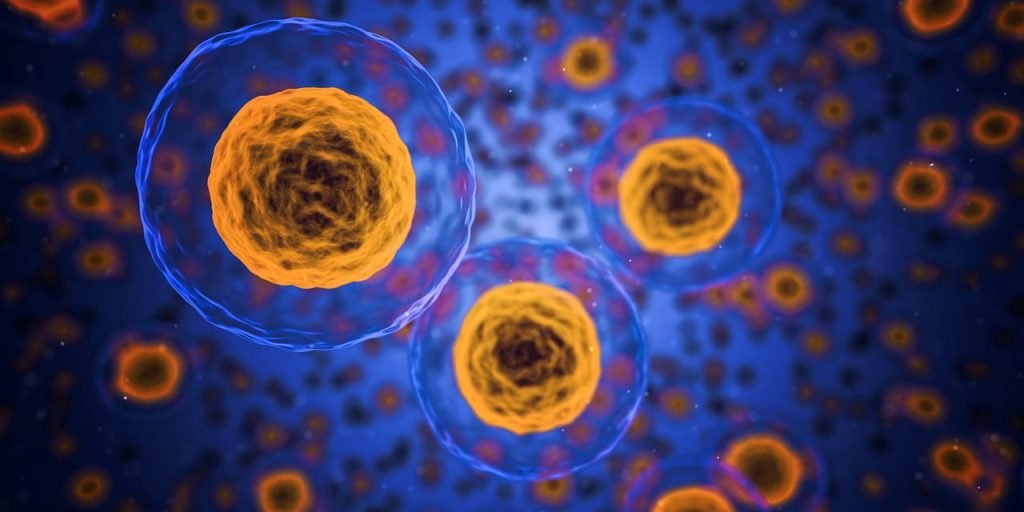Can we reverse ageing and become immortals?

World-renowned ageing expert David Sinclair argues that there is no biological law that imposes ageing while bringing shocking new evidence from his laboratory. He claims to have managed to reverse ageing in mice and believes he can do the same in humans.
David Sinclair, a professor of genetics at Harvard Medical School and co-director of the Paul F. Glenn Center for Aging Biology, using proteins that can turn an adult cell into a stem cell, has succeeded in reviving aged cells.
The Australian-American researcher has spent the last 20 years investigating ways to reverse the ravages of time. In his first scientific paper in late 2020, he described how aged mice with poor vision and damaged retinas suddenly gained excellent vision, better than their offspring.
In fact, the restoration of vision was permanent and he believes he could apply his method universally to the entire body and restore it to youth.
Reprogramming of cells
A few years ago, Japanese researcher Dr. Shinya Yamanaka succeeded in reprogramming human adult skin cells to behave like embryonic or pluripotent stem cells, capable of growing into any cell in the body. This discovery earned him the 2007 Nobel Prize, establishing “induced pluripotent stem cells” as “Yamanaka factors”.
Since then, laboratories around the world have been working on aging. A study published in 2016 by researchers at the Salk Institute for Biological Studies in La Jolla, California, showed that signs of aging were eliminated in genetically aged mice exposed for a short period of time to four main Yamanaka factors without losing their identity. However, there was a drawback to all this research, as some of the altered mice developed cancerous tumors.
Seeking a safer alternative, geneticists in Sinclair’s lab selected three Yamanaka factors and genetically added them to a harmless virus. The virus was designed to deliver the rejuvenating Yamanaka factors to damaged retinal ganglion cells in the retina of the eye of an elderly mouse. After injecting the virus into the eye, the multipotent genes were activated by administering the mouse with an antibiotic.

The antibiotic was just a tool. It could have been any chemical that would have assured the scientists that the three genes were activated. Normally the genes are only turned on in young developing embryos and are gradually turned off as we age.
Surprisingly, damaged neurons in the eyes of mice injected with the three cells were regenerated. Building on this initial study, Sinclair claims that his lab has reversed ageing in the muscles and brains of mice and is now working on rejuvenating a mouse’s entire body.
Last year Japanese researchers from Juntendo University in Tokyo rocked the scientific boat by publishing in the journal Nature Aging that they had developed a vaccine that removes a group of cells called “zombies”.
The “zombies” accumulate with age and destroy their neighboring cells, causing age-related diseases such as arterial sclerosis. Zombie cells, scientifically referred to as senescent cells, are those that have stopped multiplying over time but do not die. As time progresses these cells release chemicals that cause inflammation and damage to their neighboring cells.
Does science knows how to slow down human ageing?
The answer is provided by researchers from several universities around the world who are proposing therapeutic approaches that stop or reverse the aging process.
According to a recent publication by Dr. Nektarios Tavernarakis – professor of the Medical School of the University of Crete and President of the Foundation for Research and Technology-Hellas (FORTH) in the journal Nature Communications, the process of creating new mitochondria plays a central role in the regulation of ageing and largely determines the resilience of organisms to stress.
“This study revealed that reducing the number of mitochondria (cell energy production factories) in specific tissues significantly increases lifespan in the experimental system of the nematode worm Caenorhabditis elegans by reprogramming cellular metabolism. This new discovery may lead to the development of targeted interventions to redefine the way organisms use glucose, during their lifetime. The results of the study can be used to treat metabolic diseases and pathological conditions that accompany ageing, with the aim of improving quality of life in old age,”
Dr. Nektarios Tavernarakis
Final Take
According to Professor David Sinclair, we have two main types of information stored in the body – one digital and one analogue.
The digital information is our genome, which surprisingly lasts much longer than 80 years. However, the problem is the analog information, the epigenome, that is, the structures within the cell that allow some genes to be read and others to be silenced.
The analog information is very difficult to maintain and this is the first thing that fails and, in his opinion, causes ageing.
At present, there is still no answer to whether the genetic intervention that reanimated mice will work in humans. It will be years before human trials are completed and evaluated. If they are safe and successful, they will be scaled up to the general population
Read Also
